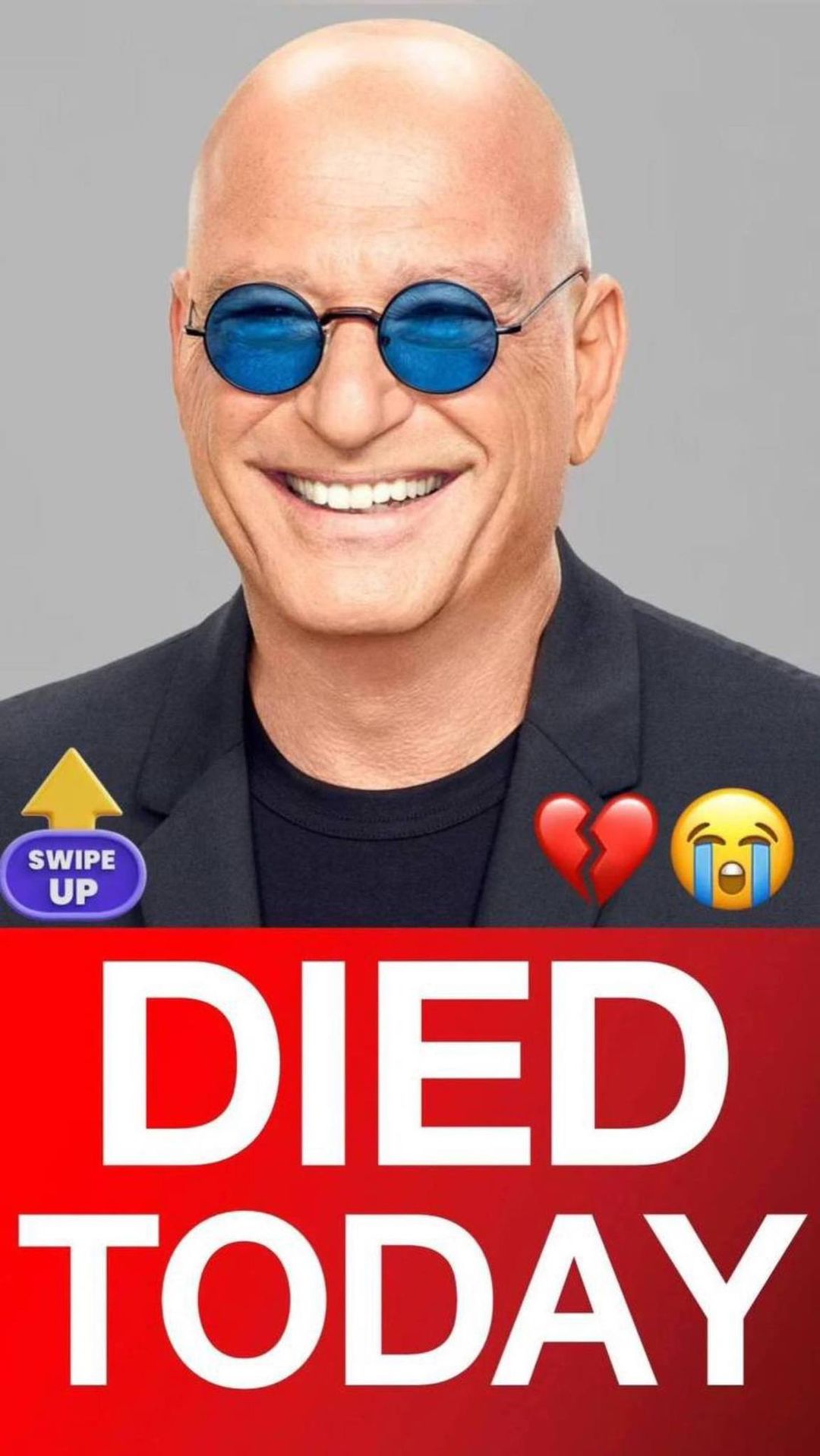
Mandel has been quite open about his ongoing struggles with health issues, particularly when it comes to his mental health. Over the years, he’s shared his personal experiences with a level of honesty that’s both refreshing and impactful. It’s not always easy for public figures to be so transparent about their vulnerabilities, but Mandel has made a conscious effort to shed light on the realities of living with mental health conditions, hoping to encourage others to do the same and to combat the stigma that still surrounds these issues.
He’s spoken openly about living with Obsessive-Compulsive Disorder (OCD) and Attention Deficit Hyperactivity Disorder (ADHD). These conditions, which can be challenging in many ways, often don’t get the attention they deserve in the broader conversation about mental health. Mandel’s willingness to share his journey is significant because it helps normalize these struggles, showing that even successful, well-known individuals face battles of their own. Through interviews and social media posts, he’s described how OCD manifests in his life—suffering from intrusive thoughts and compulsions that sometimes interfere with his daily routines. He’s talked about how the need for control and repetitive behaviors can be exhausting but also manageable with the right tools and mindset.
Similarly, Mandel has been candid about his ADHD, explaining how it affects his focus, organization, and ability to sit still for long periods. He’s shared how these conditions have sometimes made him feel frustrated or overwhelmed, especially in high-pressure situations or during busy phases of his career. Despite these challenges, his openness has helped reinforce the message that these conditions aren’t a sign of weakness but simply part of his unique way of experiencing the world. He’s emphasized that understanding and acceptance, both from oneself and others, are key to managing these health issues effectively.
What makes Mandel’s advocacy so powerful is his genuine approach. He doesn’t shy away from describing the ups and downs—those days when OCD’s relentless grip can make him feel trapped, or when ADHD’s scattershot tendencies make it hard to finish projects. But he also talks about the breakthroughs—small victories like developing coping strategies, seeking therapy, or simply learning to be kinder to himself. These stories serve as inspiration for many who may feel alone or overwhelmed by their own struggles. Mandel’s honesty reminds us that mental health issues are common and that it’s okay to ask for help or admit when things are tough.
His efforts to promote understanding extend beyond just sharing his own experiences. He’s used his platform to challenge misconceptions, to dispel stigma, and to reinforce that mental health is an important component of overall well-being. His openness invites others to feel less shame and more courage about discussing their own mental health with friends, family, or professionals. By normalizing these conversations, Mandel helps create a more compassionate environment where people feel safe to seek the support they need.
Beyond the personal level, his advocacy has helped elevate the broader conversation about mental health in society. He often speaks about the importance of mental health education, support systems, and ongoing research. His voice adds a layer of authenticity that appeals to many, especially young people who might be struggling quietly. His willingness to be vulnerable not only helps dismantle myths but also encourages others to embrace their truths and pursue healing.
Mandel’s journey is a testament to resilience and hope. Living with OCD and ADHD isn’t easy, but his openness reminds us that these conditions can be managed, that progress is possible, and that mental health challenges don’t define a person. His honesty, combined with his advocacy, has made him a respected and vital voice in the ongoing conversation about mental health—one that inspires understanding, compassion, and a sense of community for everyone facing their own invisible battles.